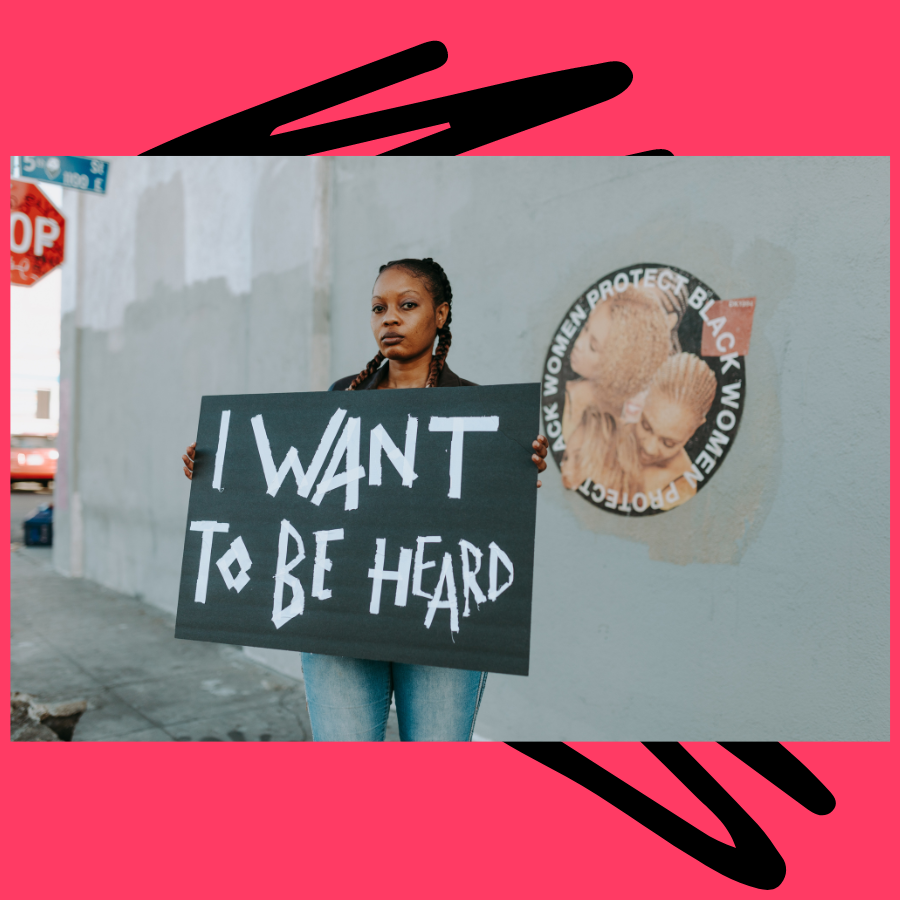In 1926, historian Carter G. Woodson assigned the second week of February as Negro History Week and encouraged educators to dedicate that week to teaching their students Black history. In 1976, years after Woodson’s death, it became what is now recognized as Black History Month, which spans through the entire month of February.
Black History Month has provided the chance to understand, highlight, and celebrate various aspects of the Black experience. For instance, last year’s National Black History Month’s theme was Black Health and Wellness, which “acknowledge[d] the legacy of not only Black scholars and medical practitioners in Western medicine, but also other ways of knowing (e.g., birthworkers, doulas, midwives, naturopaths, herbalists, etc.) throughout the African Diaspora.” The theme especially resonated as Black communities continue to bore the brunt of the coronavirus pandemic.
Despite the various ways this month is recognized each year, there’s never any harm in ensuring that it is being recognized in a way that’s not exploitative or performative.
Black History ≠ Suffering
Learning about Black history shouldn’t be restricted to slavery (Tayler talked about this before) and the Civil Rights Movement. The Black experience is not solely about suffering, poverty, and generational trauma. It’s the arts. Innovation. It’s progress.
Black history is ever-evolving and dynamic. It is being created as we speak.
“The African continent is now recognised as the birthplace of humanity and the cradle of civilization. We still marvel at the great achievements of Kemet, or Ancient Egypt…By the 15th century the African continent was already one of great of diversity….African societies were following their own patterns of development before the onset of European intervention.”
Black History Month Magazine
While names like Martin Luther King, Jr., Rosa Parks, Frederick Douglass, and Harriet Tubman are all too present during Black History Month, it’s also worthwhile to give space to other pivotal figures who are often overlooked in February (and in the history books), mainly due to their marginalized identities. Disability activist Johnnie Lacy is Black History. So is Marsha P. Johnson. It’s Bayard Rustin, it’s Lorraine Hansberry, it’s Audre Lorde.
How to Celebrate With Meaning
February is also a time to uplift the Black community that exists in the present day. This doesn’t always have to come in the form of financially supporting Black-owned businesses, though there’s nothing wrong with doing so.
If you decide to take the activism route, it should be emphasized that advocating for issues affecting the Black community should not be restricted to the month of February. Activism is a commitment, not solely an opportunity for grandiose and self-serving actions.
Offering your time or service to a Black-led organization is an invaluable way to commemorate the month. Additionally, mutual aid groups often need donations, and it is a great way to center and uplift existing networks of activism in Black communities. After all, we should center and elevate the Black community, not detract from it with self-aggrandizing, performative activism.
Suggested Reads:
- The Immortal Life of Henrietta Lacks by Rebecca Skloot
- She Would Be King: A Novel by Wayétu Moore
- A Black Women’s History of the United States by Daina Ramey Berry and Kali Nicole Gross
- The Harlem Renaissance in Black Queer History at the National Museum of African American History & Culture
- For the tiny humans – Picture Books to Celebrate Black History Month and just read all year round!


